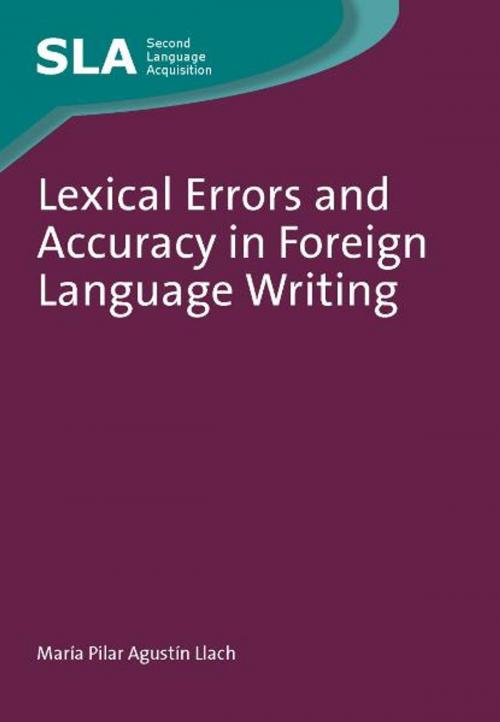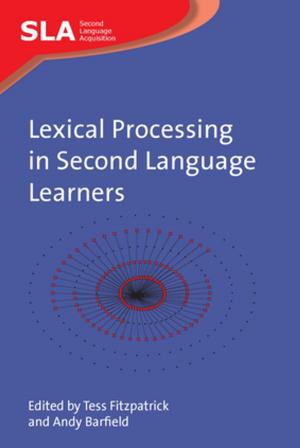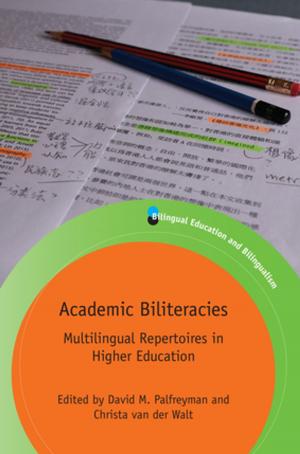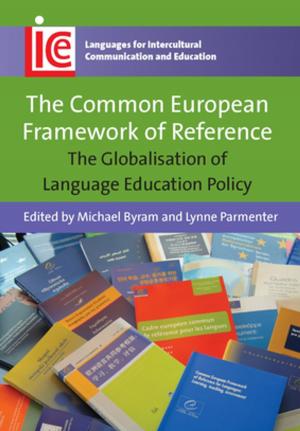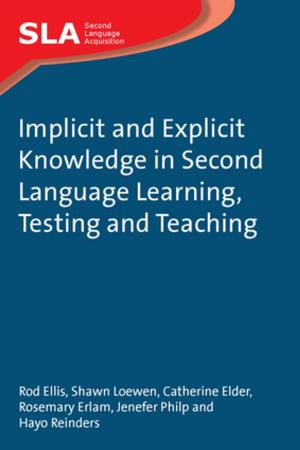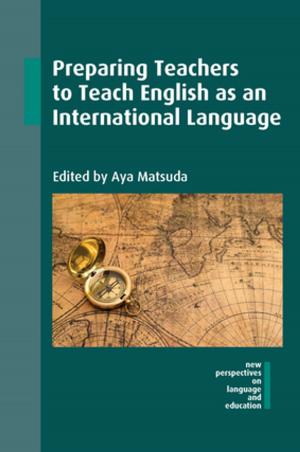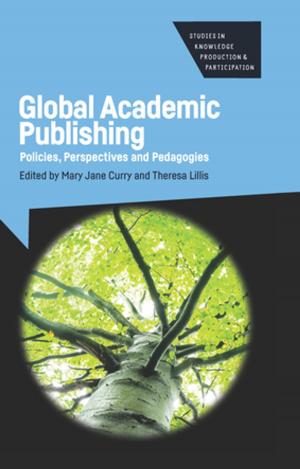Lexical Errors and Accuracy in Foreign Language Writing
Nonfiction, Reference & Language, Language Arts, Study & Teaching| Author: | Maria Pilar AGUSTIN LLACH | ISBN: | 9781847694768 |
| Publisher: | Channel View Publications | Publication: | July 18, 2011 |
| Imprint: | Multilingual Matters | Language: | English |
| Author: | Maria Pilar AGUSTIN LLACH |
| ISBN: | 9781847694768 |
| Publisher: | Channel View Publications |
| Publication: | July 18, 2011 |
| Imprint: | Multilingual Matters |
| Language: | English |
Lexical errors are a determinant in gaining insight into vocabulary acquisition, vocabulary use and writing quality assessment. Lexical errors are very frequent in the written production of young EFL learners, but they decrease as learners gain proficiency. Misspellings are the most common category, but formal errors give way to semantic-based lexical errors as proficiency increases, likewise, the direct influence of the L1 also reduces in favour of more elaborated transfer mechanisms and L2 influence. The different categories of lexical errors indicate the stage of learning. This book uses a study of young EFL learners to suggest that lexical accuracy is a crucial component of writing assessment, and that lexical errors are useful in predicting writing quality.
Lexical errors are a determinant in gaining insight into vocabulary acquisition, vocabulary use and writing quality assessment. Lexical errors are very frequent in the written production of young EFL learners, but they decrease as learners gain proficiency. Misspellings are the most common category, but formal errors give way to semantic-based lexical errors as proficiency increases, likewise, the direct influence of the L1 also reduces in favour of more elaborated transfer mechanisms and L2 influence. The different categories of lexical errors indicate the stage of learning. This book uses a study of young EFL learners to suggest that lexical accuracy is a crucial component of writing assessment, and that lexical errors are useful in predicting writing quality.
